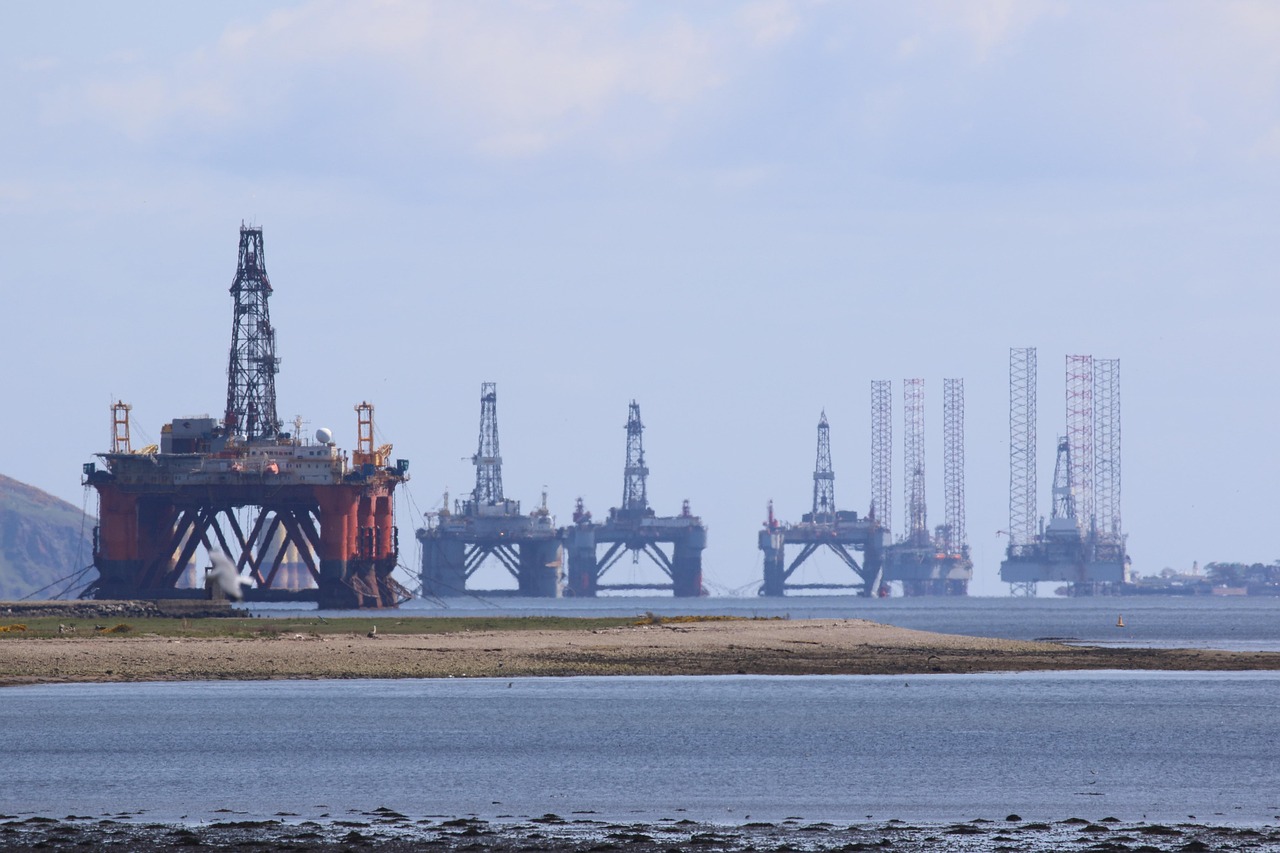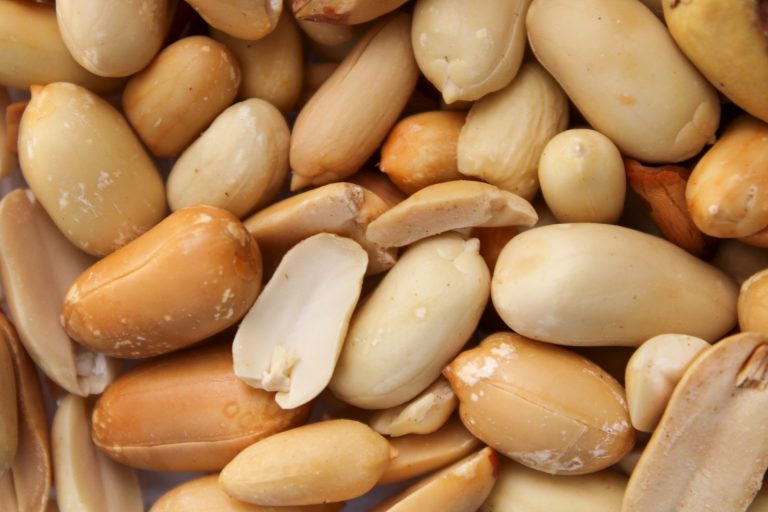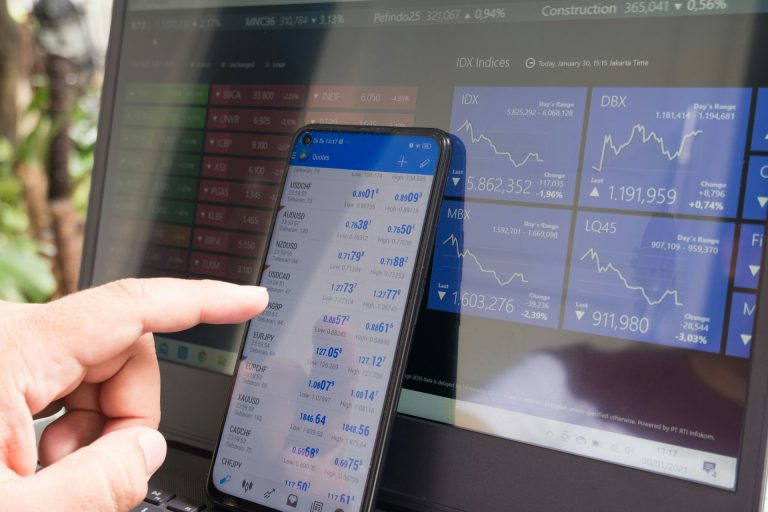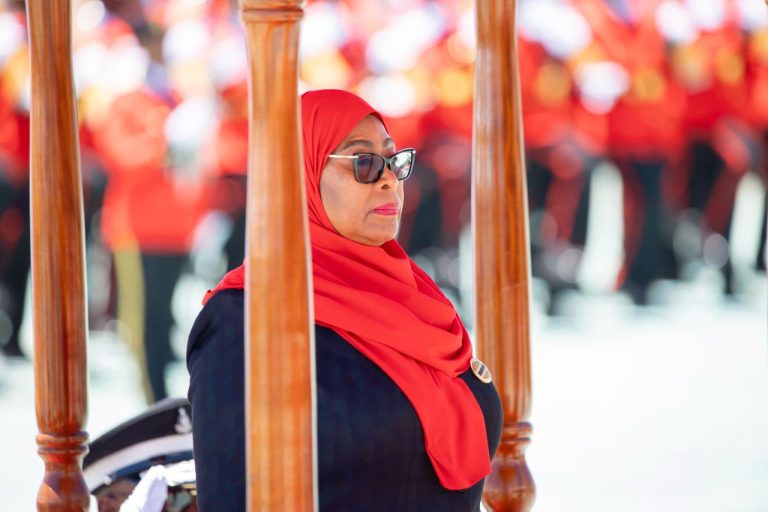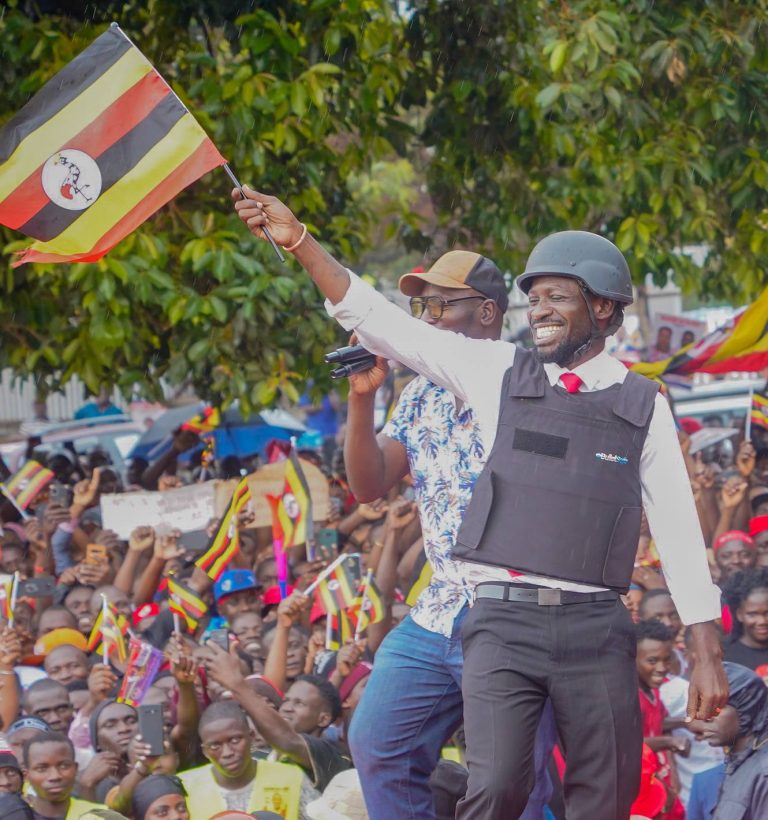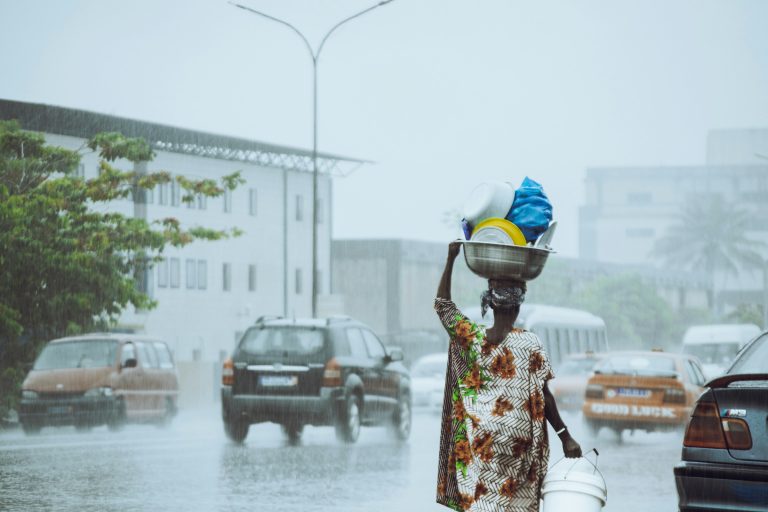- Congo seals $23bn pact with China’s Wing Wah Petroleum to double oil output
- IMF warns subsidies and weak tax revenues heighten fiscal risks
BRAZZAVILLE, CONGO – The Republic of Congo has signed a $23 billion agreement with China’s Wing Wah Petroleum to develop three oil blocks, a move aimed at doubling national crude production to 200,000 barrels per day by 2030.
The deal, concluded in August and signed in Brazzaville by Hydrocarbons Minister Bruno Jean-Richard Itoua and Wing Wah Chairman Xiao Lianping, covers the Banga Kayo, Holmoni and Cayo permits. Combined output is projected at 1.3 billion barrels through 2050.
Wing Wah, which already operates Banga Kayo at 45,000 barrels per day, plans a three-phase expansion including gas monetisation for LNG, LPG, butane and propane. While financing details remain unclear, Congo has framed the partnership as a cornerstone for reviving its oil-dependent economy.
Officials said the project will employ up to 3,300 Congolese workers, build a training centre, and provide electricity and treated water to surrounding communities. The African Energy Chamber called the agreement a “model for Africa’s resource-rich nations,” though offered no transparency assurances.
Congo’s finances remain under pressure as mature fields decline. An IMF report in July warned that fuel subsidies – 4.5% of GDP in 2022 – are crowding out investment in health, education and infrastructure, with much of the burden benefitting industrial consumers such as oil tankers. Non-oil tax revenues were just 8% of GDP in 2023, well below the sub-Saharan median of 13%.
China’s largest energy bet
For President Denis Sassou Nguesso, the deal underscores Congo’s pivot towards Beijing as Western financiers retreat from African hydrocarbons. Chinese firms are already funding infrastructure and building a new private refinery in Pointe-Noire due in 2026. If fully implemented, the $23 billion pledge would mark one of China’s largest energy bets in Central Africa.
Execution risks remain high, with Congo’s national oil company SNPC and state refinery CORAF long criticised for inefficiency and opaque governance. Without stronger auditing, observers warn the deal could repeat past cycles of debt-fuelled expansion with limited benefits for citizens.
The pact also reflects shifting geopolitics. Qatar has pledged $21 billion for Congolese strategic sectors, adding to competition with Beijing for influence in Africa’s third-largest oil producer after Nigeria and Angola.
